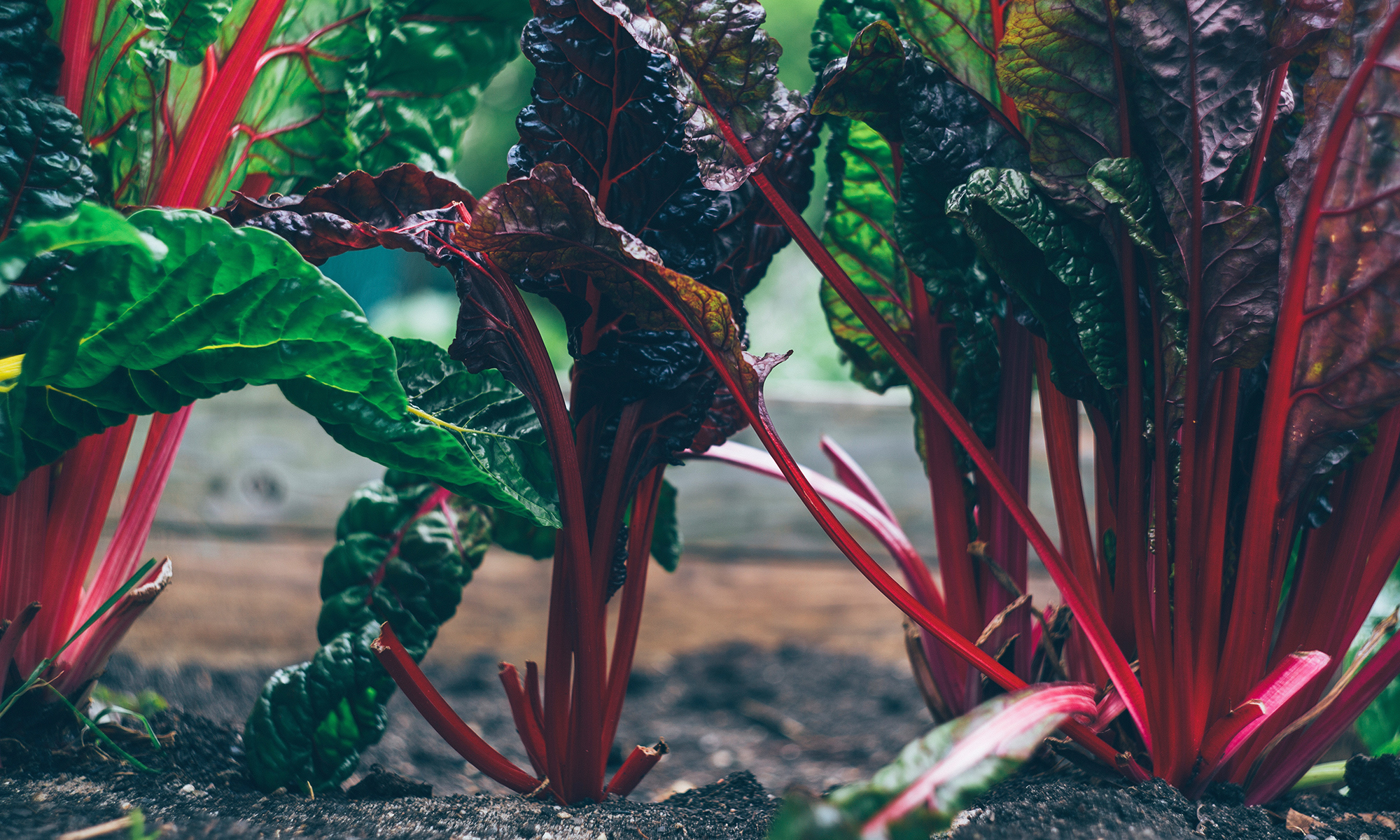As I was driving to the locavore banquet, thinking of course that I should be biking or taking the “T”, I considered what it meant to reduce my carbon foot-print. Obviously, it means driving less and eating more local foods. But in the scope of making conscious food choices, it also means eating less processed foods, meat and dairy products. Reducing my carbon foot-print directly correlates to reducing my waistline: driving less + biking more, eating less meat + eating more grains and vegetables, growing foods in my garden (and the inherent work-out) + buying less from the market.
When arrived at the Arlington Unitarian church, the site for this and literally 125 years of community banquets, I immediately forgot about my carbon footprint and instead thought of how to help Team Cambridge present their dishes most beautifully. Team Cambridge had prepared the dishes on Saturday and then transported them to the banquet on Sunday.
The Locavore Banquet – part competition, part community dinner – was designed as a throwback to the New England Bean Supper and a model for a future of living responsibly in an ever-shrinking world. The event highlighted locally-sourced food as the three teams used sustainably grown ingredients to make a meal. Teams from Arlington, Cambridge, and Medford competed in the “Energy Smackdown” by preparing dishes that balance taste, presentation, and low carbon footprint. The dishes were judged by local food writers for taste and presentation. The organizers used a fancy algorithm to calculate carbon-footprints.
I was the culinary coach for the Cambridge Team (think: Bob from The Biggest Loser). My goal was to help the team create a cohesive menu utilizing the bounty of New England Produce. It’s really not that hard this time of year: every day of the week there’s a farmers market within a 5 radius of my house. King Arthur Flour and Cabot Creamery are the next state over in Vermont. Austin Bros. Family Farm raises cows, chickens and pigs – providing ample supply of the meats, bacon and eggs. If you can forgo chocolate (and I know that’s a BIG “if”), you can create a bountiful meal with less than 100 food miles.
Our dinner for 20 people generated only 6 pounds of carbon emissions. By comparison, the typical Thanksgiving dinner generates 44 pounds! (Based on data from www.dailymail.co.uk). The big carbon culprits are beef, fish and dairy products. According to the judging cards, chicken’s foodprint is almost half of fish. Other data suggests that fish and chicken are equal.
Chart comes from http://fivepercent.us
Team Cambridge did not win first prize, but of the 21 dishes, the acorn squash soup won 2nd place! The best part is that the soup is served in the squash, so there are no dishes to wash after serving. The “bowl” is compostable. Recipe coming next week…
Other highlights were the poached pear and falafel with beet raita:
I did not taste the other winning dishes: a raspberry sorbet with chocolate and a green salad with walnuts and cranberries. Standouts to me (aside from Team Cambridge’s dishes) were the stuffed pepper with ground beef and rice, green beans with onions and bacon, and a frittata with potatoes and four cheeses.
Thanks to Ellen for taking photos!
